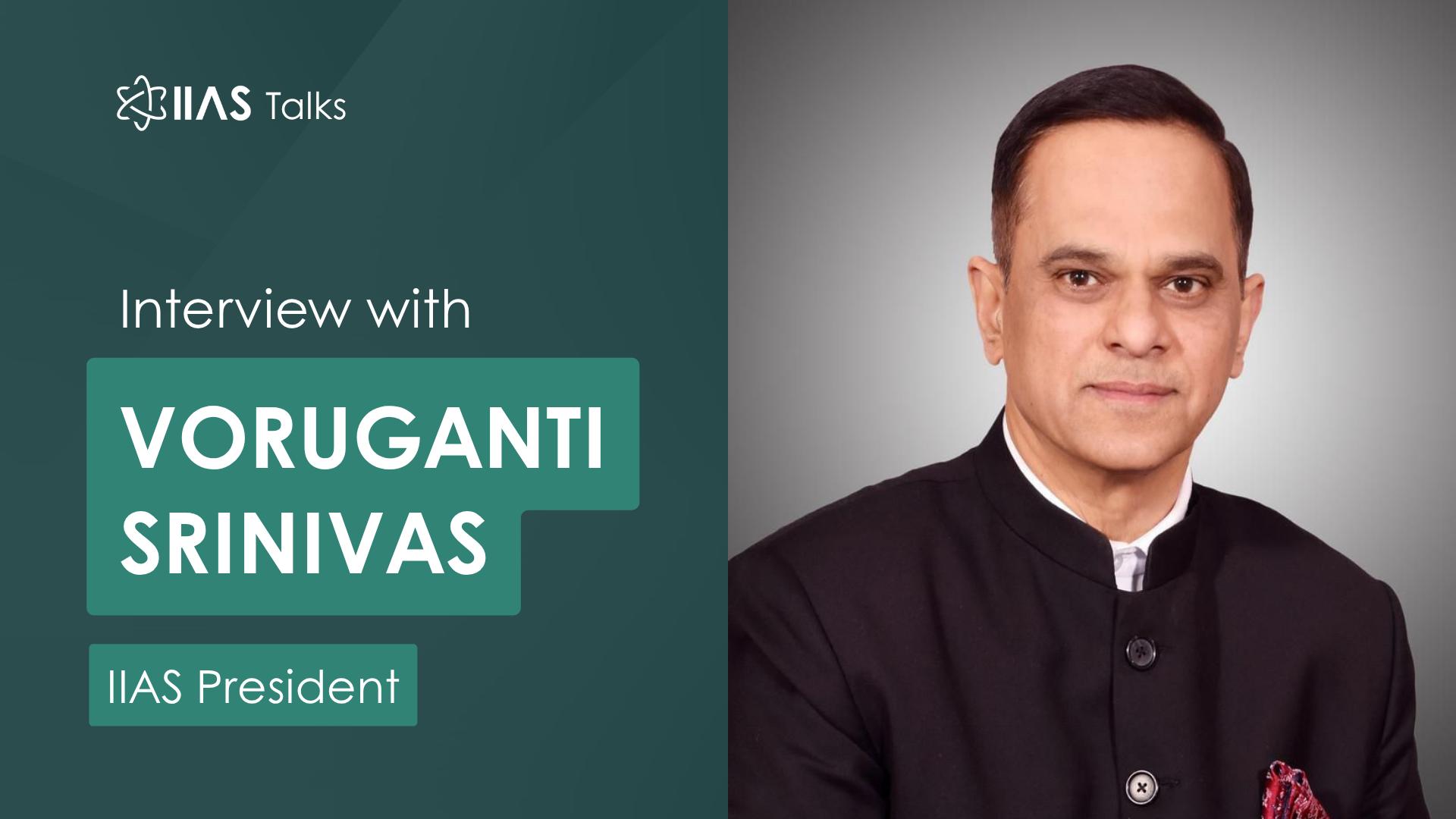
The Latin American Group for Public Administration (LAGPA), the regional branch of the International Institute of Administrative Sciences (IIAS), will host its 2025 Conference in Lima, Peru, from September 29 to October 1, 2025.
The United Nations Department of Economic and Social Affairs (UN DESA) and the International Association of Schools and Institutes of Administration (IASIA) have jointly launched a call for contributions aimed at reviewing and upgrading the Standards of Excellence on Public Administration Education and Training.
The existing Standards of Excellence, finalized in 2008, have served as a guiding framework for public administration education and training for almost 15 years. While still relevant, these standards do not incorporate recent inter-governmental agreements or insights gleaned from the work conducted by UN DESA/DPIDG and IASIA in the field of education and training.
One notable development since the publication of the standards is the adoption of the 2030 Agenda for Sustainable Development by 193 Member States. The 2030 Agenda emphasizes inclusive and equitable quality education, lifelong learning opportunities, and the establishment of peaceful, just, and inclusive societies based on human rights, effective rule of law, and good governance at all levels.
To ensure a comprehensive review process, UN DESA and IASIA have set up a Task Force that will engage in a global and regional consultative process. The review will take place between 2023 and 2024, aiming to incorporate the Sustainable Development Goals and reflect the latest developments in public administration.
All schools and institutes of public administration, networks, academia, and representatives of international, regional, and national organizations are encouraged to contribute their valuable ideas through an online survey that will be open until December 31, 2023.
The revision and upgrade of the Standards of Excellence present a significant opportunity to profoundly impact the world for the better. By participating in this review process, different stakeholders have the chance to shape the future of public administration education and training, aligning it with the evolving needs of society and the Sustainable Development Goals.
You can provide your feedback to one Standard of Excellence or to all 8 Standards.
To provide feedback to all 8 Standards of Excellence, please access: http://forms.office.com/e/veQ6EYRYZ2.
If you want to provide feedback to only one or more of the Standards, please use these links:
For further information, please visit:
https://unpan.un.org/events/un-desaiasia-review-and-upgrade-standards-excellence-public-administration-education-and

The Latin American Group for Public Administration (LAGPA), the regional branch of the International Institute of Administrative Sciences (IIAS), will host its 2025 Conference in Lima, Peru, from September 29 to October 1, 2025.
_20250827135952.png)
During the IIAS Presidential Address during the Opening Ceremony of EGPA 2025 Conference, the IIAS President outlined the 5 commitments for vision EGPA@60.

18 August 2025
The International Institute of Administrative Sciences (IIAS) is delighted to share an exclusive video interview with its newly elected President, Srinivas Voruganti. In this insightful conversation, President Voruganti outlines his vision, priorities, and strategic plans to guide IIAS toward becoming a future-ready, inclusive, and globally connected institution.